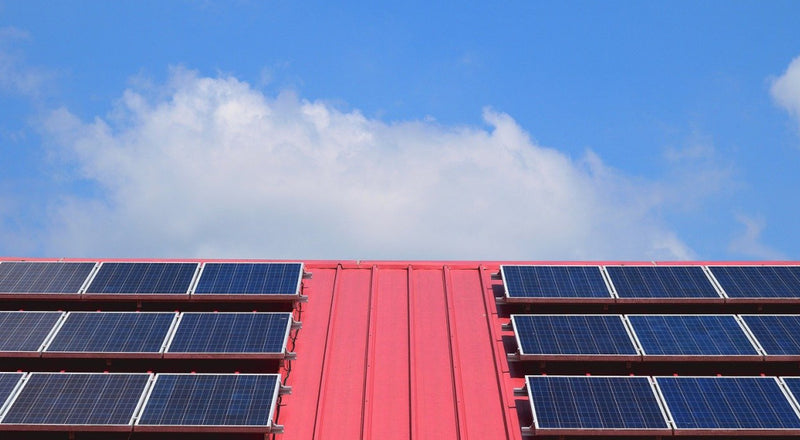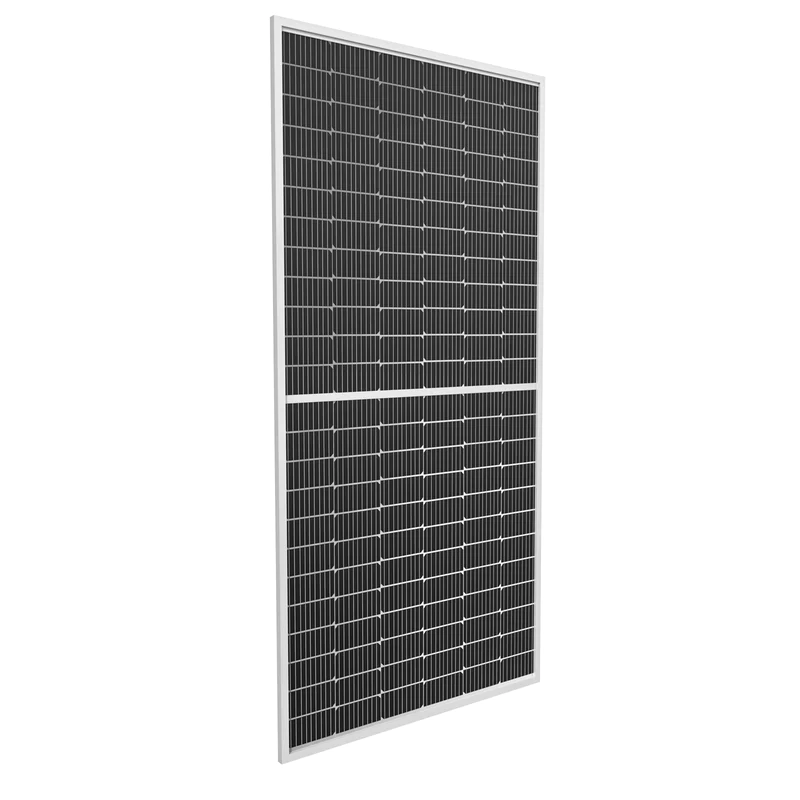
In an ever-evolving world seeking sustainability, solar energy has emerged as a shining beacon of hope. Embracing solar panels for powering our homes is a decision that not only benefits the environment but also offers long-term financial advantages. But before you dive headfirst into the world of solar energy, it's essential to understand the factors that determine Sun-Kissed Savings Await! Calculate Your Solar Panel Needs & Embrace Clean Energy. Start Your Solar Journey Today!
Understanding Solar Energy and Power Consumption
At the heart of solar power lies the mighty solar panel. These photovoltaic marvels absorb sunlight and transform it into electricity, paving the way for a greener energy alternative. However, to determine the number of solar panels your home requires, you must first gauge your energy consumption patterns.
Take a peek at your energy bills to get an idea of your household's average electricity usage. Combining this information with your region's solar potential will give you a rough estimation of the panel capacity you'll need. And remember, the more energy-efficient your home becomes, the fewer solar panels you'll require to meet your needs.
Factors Affecting Solar Panel Sizing
Solar panel efficiency is a critical consideration in sizing your system. High-efficiency panels generate more electricity from the same amount of sunlight, meaning you can achieve your goals with fewer panels. Investing in quality solar panels will ultimately lead to significant savings in the long run.
Location plays a vital role in solar power generation. Regions with more sunshine during the day will enjoy more energy production, while those with frequent overcast days may need a few extra panels to compensate. Moreover, considering seasonal variations and weather patterns will help you optimize your solar setup throughout the year.
Calculating Your Solar Panel Requirements
Now that you have the necessary data, it's time to crunch the numbers. Divide your average daily energy consumption by the peak sun hours in your area. Peak sun hours are the hours in a day when sunlight intensity is sufficient for efficient energy production. Voila! The result gives you the approximate capacity of the solar panel system you need.
For instance, if your household consumes 30 kWh daily, and your location enjoys 5 peak sun hours, you would need a system capable of producing 6 kW of energy (30 kWh ÷ 5 hours = 6 kW). Keep in mind that this estimation assumes 100% efficiency, so adding a safety margin of around 10-20% is wise.
Oversizing vs. Undersizing: Striking the Right Balance
It's tempting to go big with your solar panel system, thinking more panels mean more power. However, oversizing comes with its own set of pros and cons. While it ensures you never run out of energy, it might lead to an initial investment beyond your budget. On the other hand, undersizing may result in not meeting your daily energy needs, defeating the purpose of going solar.
Finding the right balance is key. Aim to cover most of your energy consumption while keeping the investment within reach. A well-designed solar system, optimized for efficiency, can comfortably provide for your household's energy needs.
Taking Other Variables into Account
As you plan your solar panel installation, consider the available roof space. A larger roof area allows for more panels, but remember to keep the orientation and shading in mind for maximum efficiency.
Moreover, different types of solar panels, such as monocrystalline, polycrystalline, and thin-film, offer varying efficiencies and suitability for different regions. Research and seek expert advice to choose the type that best aligns with your needs.
To take your solar setup to the next level, think about incorporating battery storage. By storing excess energy during sunny days, you can power your home during cloudy periods or at night, reducing reliance on the grid even further.
Professional Solar Installation: Seek Expert Advice
While exploring the world of solar panels can be exciting, seeking professional advice is crucial to ensure your investment is worthwhile. Certified solar professionals possess the expertise to assess your specific requirements, recommend the ideal solar panel system, and handle the installation process seamlessly.
Additionally, reputable solar installers can guide you on panel warranties and maintenance, ensuring the longevity and optimal performance of your solar setup.
Incentives and Financial Considerations
One of the most appealing aspects of going solar is the financial incentives. Governments around the world offer tax credits, rebates, and other financial perks to encourage renewable energy adoption. By taking advantage of these incentives, you can significantly reduce the cost of your solar panel installation.
It's also worth calculating the return on investment (ROI) for your solar system. While the upfront costs might seem daunting, the long-term savings on electricity bills and potential revenue from excess energy generation can make it a profitable venture.
Conclusion
Embracing solar energy through the installation of solar panels is a remarkable step towards a greener, more sustainable future. By understanding your energy consumption, regional solar potential, and various other factors, you can confidently determine the number of solar panels needed to power your home.
Remember, finding the right balance between oversizing and undersizing, as well as seeking professional advice, will ensure you make an informed decision for an efficient and financially viable solar panel system. So, let the sun shine brightly on your journey to harnessing its power and making a positive impact on the environment.


0 Kommentare